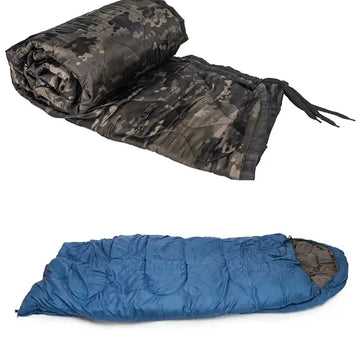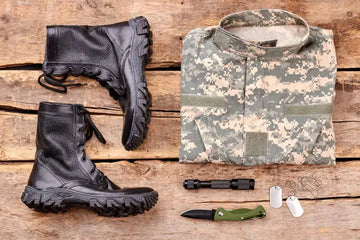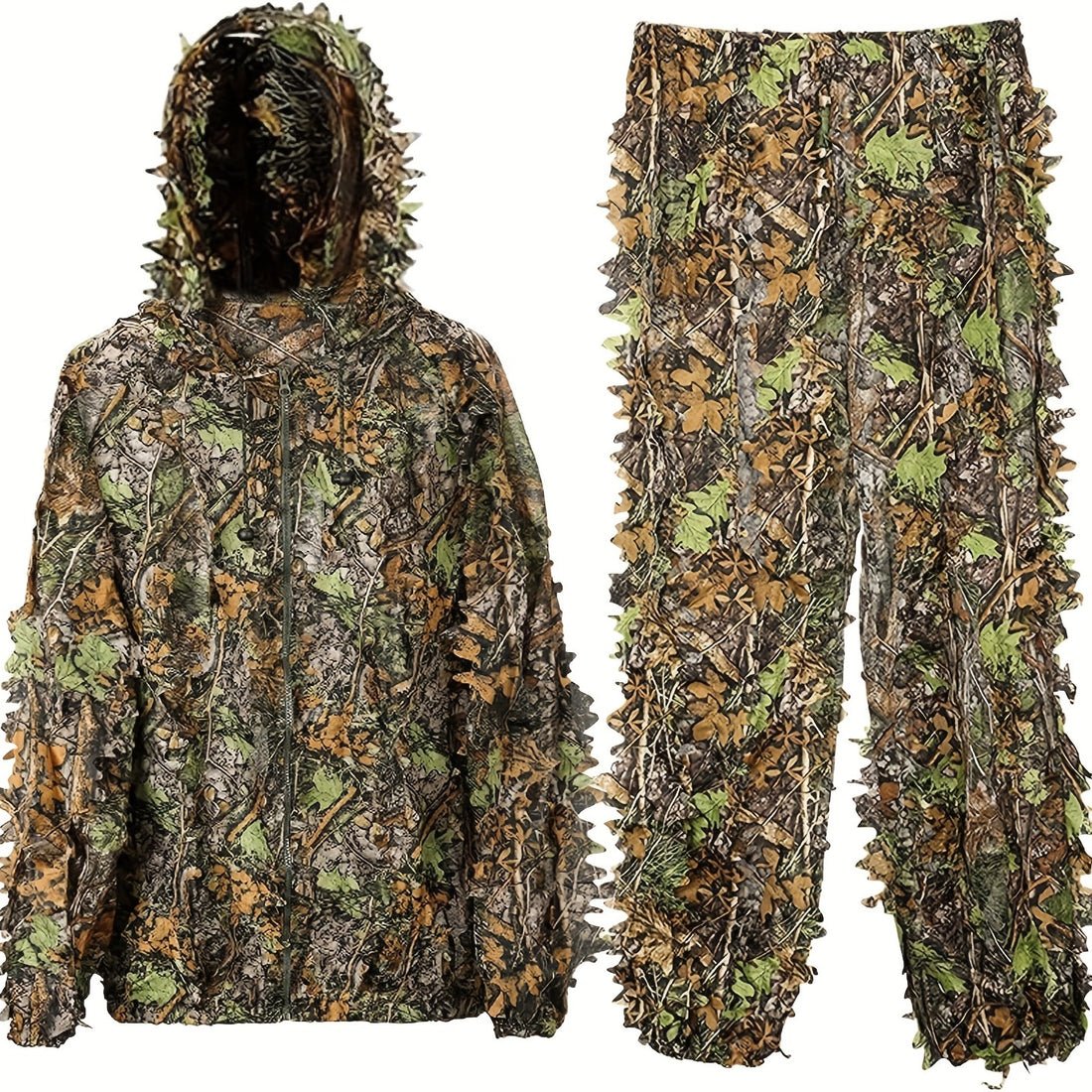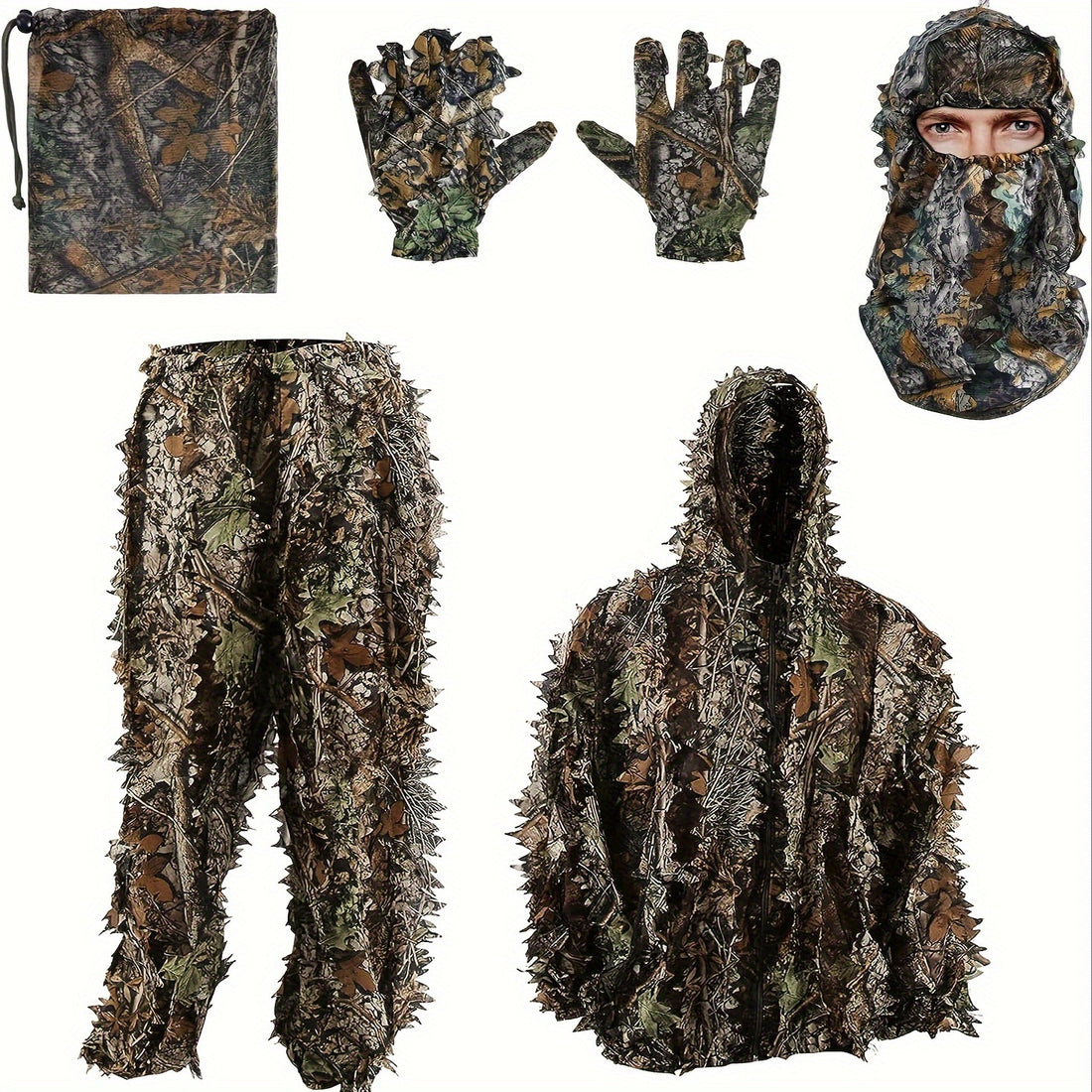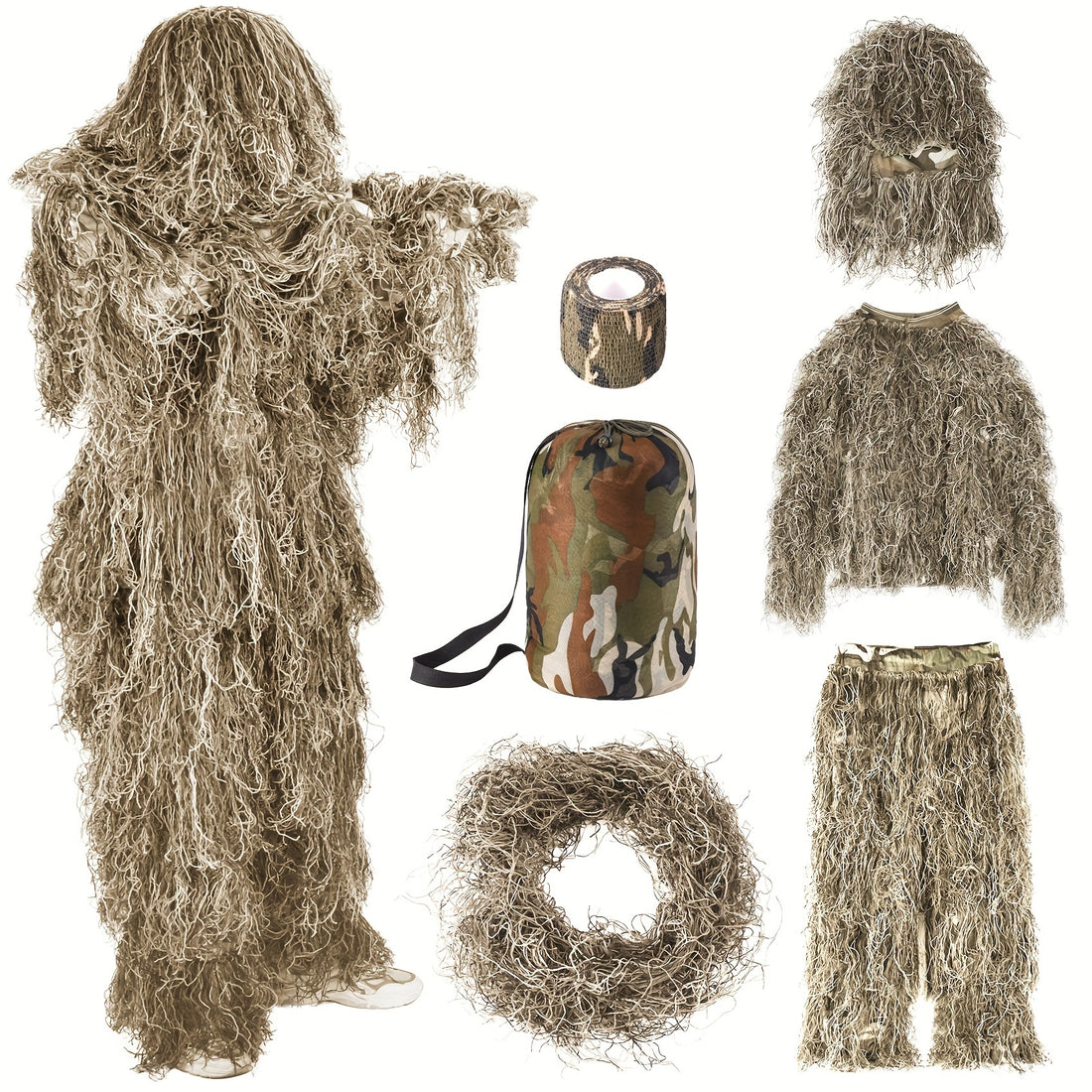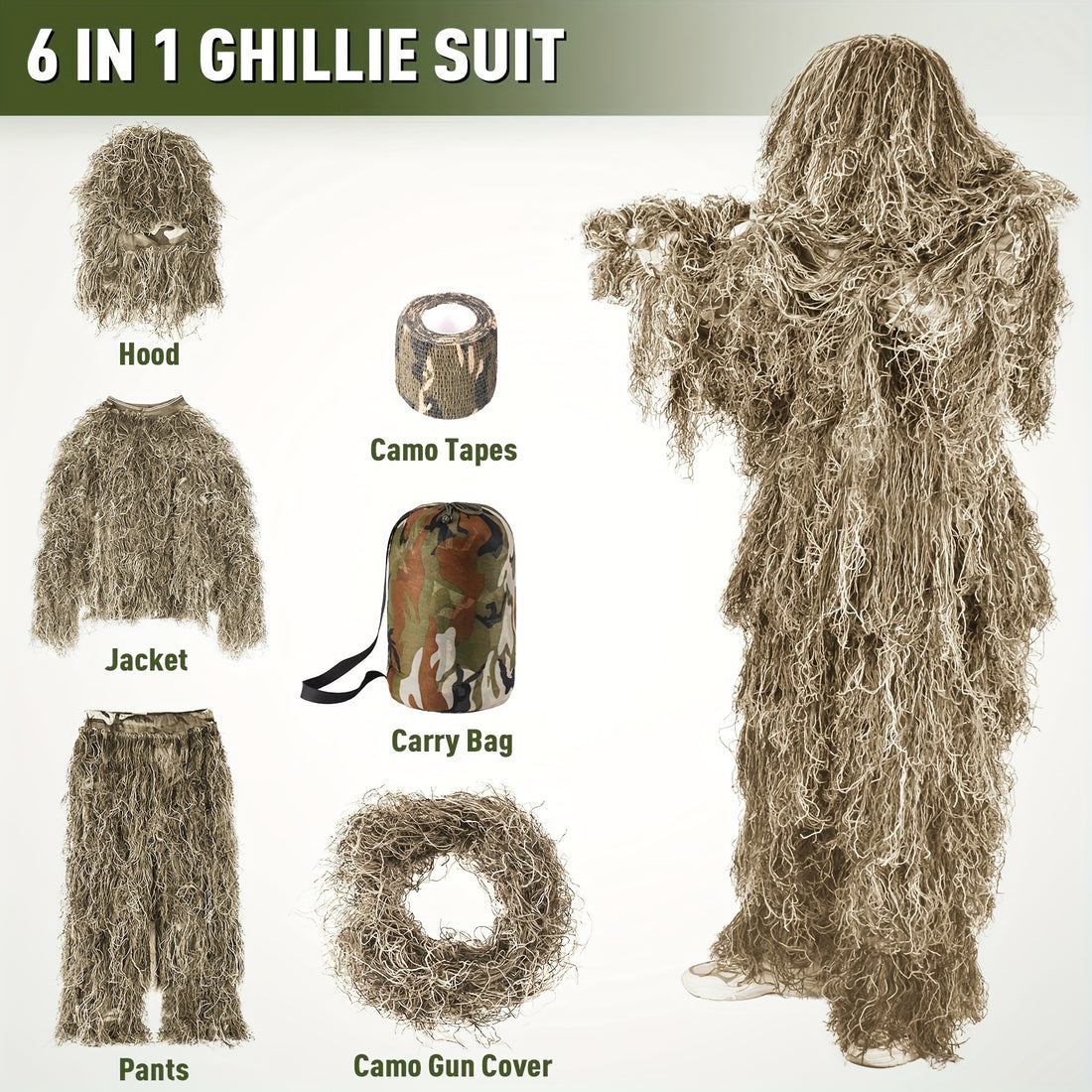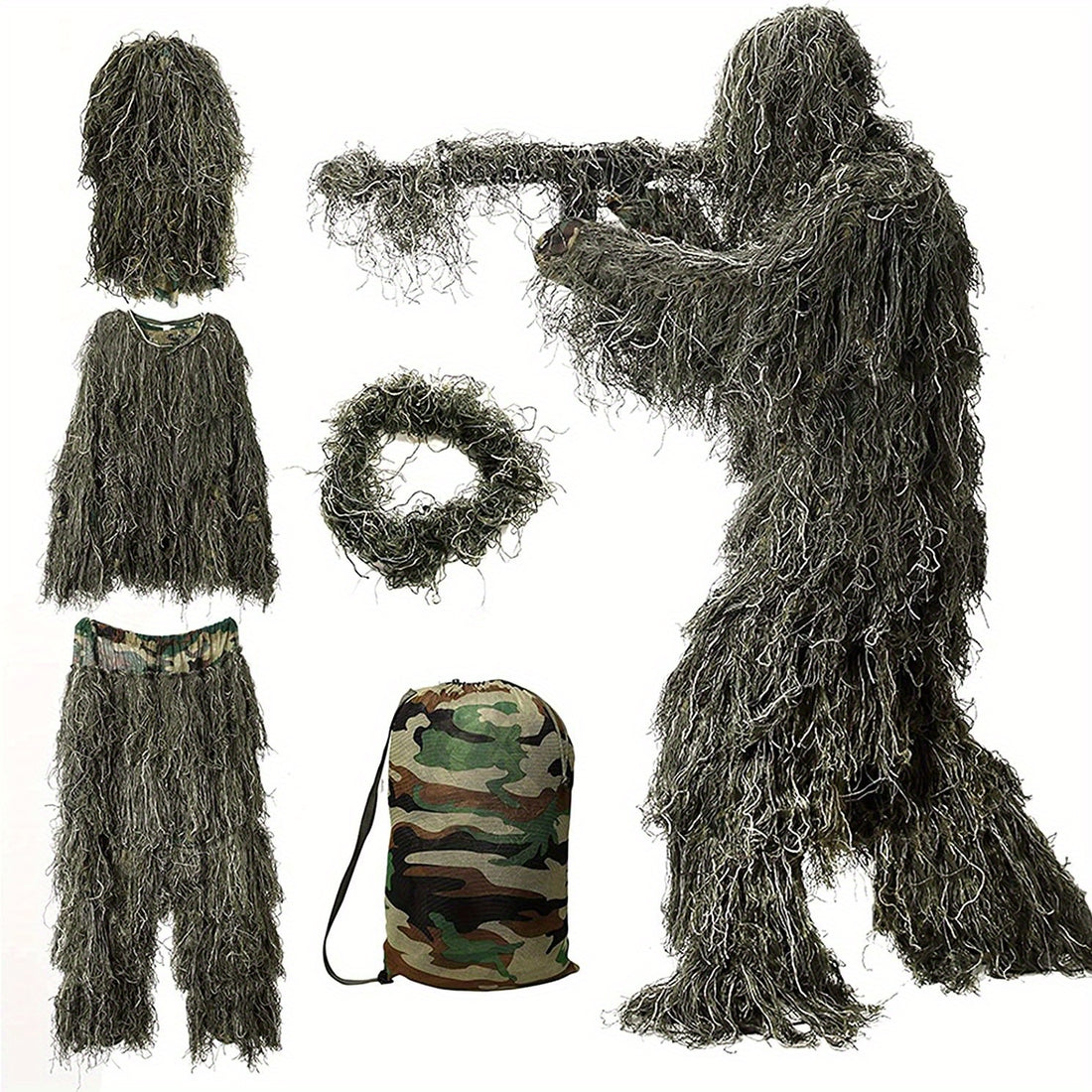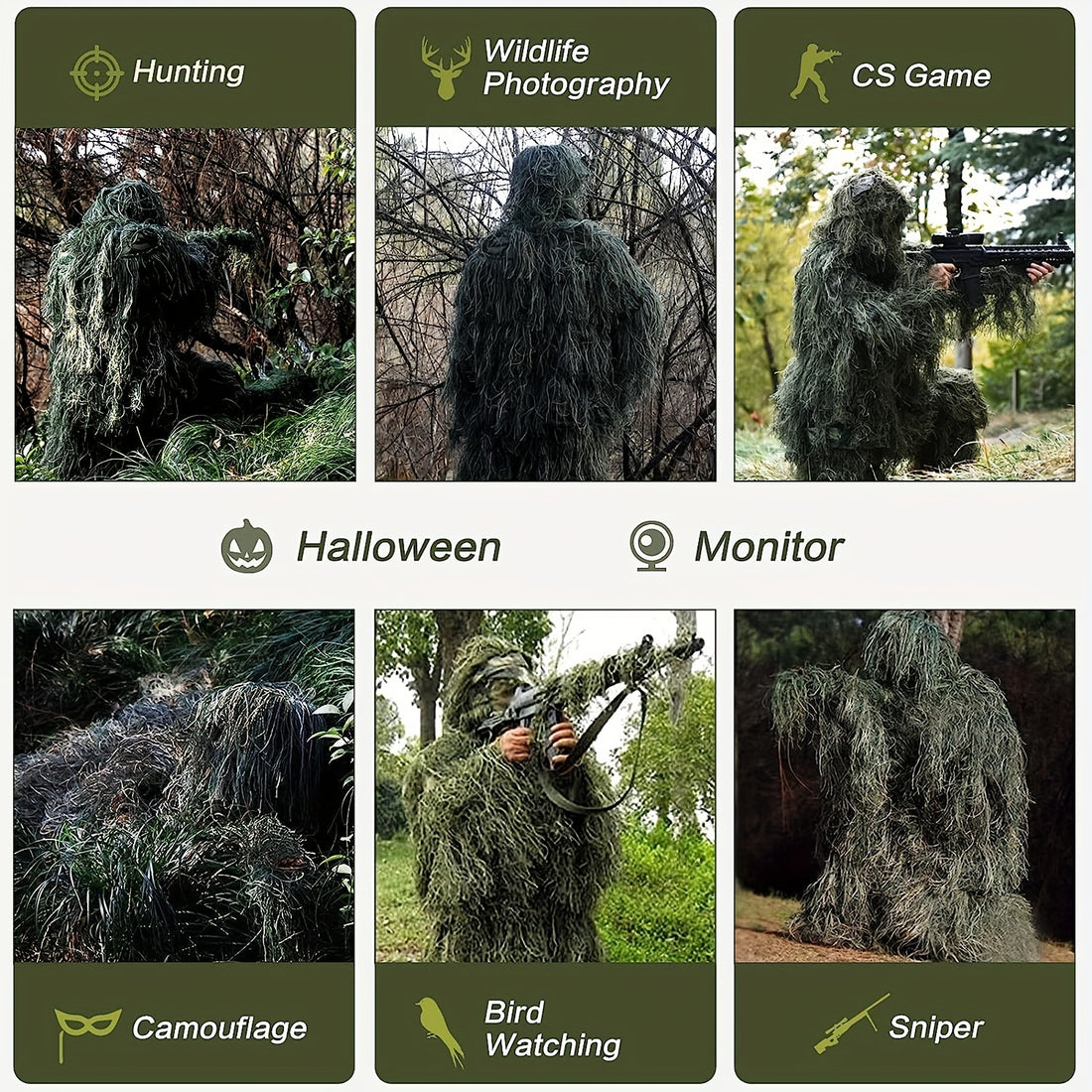The term "survivalist" often conjures images of extreme isolation or doomsday scenarios. In reality, modern survivalism (often called preparedness) is simply about developing the skills, mindset, and resources to handle unexpected disruptions – from natural disasters and power outages to personal emergencies or economic shifts.
It's about self-reliance, resilience, and ensuring the safety of yourself and your loved ones.
This Q&A tackles common, practical questions to help you build a foundation of sensible preparedness.
1. What Is a Survivalist?
A survivalist is someone who plans for emergencies and focuses on self-reliance.
This means having the skills, knowledge, and tools to live without outside help, even when normal systems like electricity or running water are unavailable.
For example, a survivalist might:
- Stockpile months' worth of food and water to prepare for disruptions in supply chains.
- Learn essential outdoor skills like starting a fire, building a shelter, and purifying water.
- Develop self-defense techniques and train to handle unexpected dangers.
- Create emergency kits for different situations, including bug-out bags for quick evacuations.
Survivalists are problem-solvers at heart. Their approach may vary, but their commitment to preparedness remains consistent.
2. Why Do Survivalists Prepare?
Survivalists prepare because they understand how quickly things can change. Emergencies—whether large or small—often happen with little warning.
By preparing, they reduce their reliance on external systems and gain the confidence to handle challenges.
Some motivations for survivalism include:
- Natural disasters like hurricanes, earthquakes, or floods.
- Power outages that last for days or weeks.
- Economic instability or job loss that impacts income.
- A desire for greater independence and resilience in daily life.
Preparing isn’t about living in fear. It’s about having peace of mind and being ready to adapt when life takes an unexpected turn.
For tips on preparing for natural disasters, visit Ready.gov, a government resource for emergency readiness.
3. What are the absolute most critical survival priorities?
Use the "Rule of Threes" as a guideline for immediate life-threatening priorities:
- 1–2 minutes without controlling severe bleeding (e.g., apply a tourniquet or pressure).
- 3 minutes without air (e.g., clear airway or perform CPR).
- 3 hours without shelter in extreme environments (to prevent hypothermia or heatstroke).
- 3 days without water.
- 3 weeks without food.
In an emergency, address these in order: First Aid (bleeding/airway), Shelter, Water, then Food.
4. How to Be a Survivalist?
Becoming a survivalist isn’t difficult, but it takes dedication. Here’s how to start:
- Begin with Research: Start reading books, blogs, and forums about survival techniques.
- Learn Essential Skills: Pick one skill to learn, like fire-starting, water purification, or first aid.
- Prepare Your Home: Stockpile essentials like food, water, and first aid supplies.
- Create a Bug-Out Bag: Prepare a bag with the essentials you'll need in case you need to leave quickly (see Q5).
- Practice: The more you practice these skills, the more prepared you'll feel when an emergency arises.
You don’t need to live in the wilderness to start; simply being prepared for local emergencies is a great first step.
5. What are the essential items for a basic Bug-Out Bag (BOB)?
A Bug-Out Bag is a portable kit designed to sustain you for at least 72 hours. Core items include:
-
Water: Water bottles (full), portable water filter (like Sawyer Mini), purification tablets.
-
Food: High-calorie, non-perishable rations (energy bars, freeze-dried meals, nuts).
-
Shelter: Emergency bivvy sack/space blanket, lightweight tarp, paracord.
-
Fire: Multiple methods (lighter, waterproof matches, ferro rod).
-
First Aid Kit: Comprehensive kit including trauma supplies (tourniquet, gauze).
-
Tools: Multi-tool, fixed-blade knife, headlamp (extra batteries).
-
Navigation: Map of the local area, compass (and know how to use them).
-
Signaling: Whistle, signal mirror.
-
Hygiene/Sanitation: Hand sanitizer, toilet paper, wet wipes, small towel.
-
Important Documents: Copies (digital/physical) of IDs, insurance, and contacts.
-
Appropriate Clothing: Layerable, weather-appropriate extras (wool socks, rain jacket, hat).
- Cash: Small denominations.

6. What’s the difference between Bugging Out and Sheltering In Place?
- Bugging Out: Evacuating your home due to immediate danger (e.g., wildfire, flood, chemical spill). Requires your Bug-Out Bag, a predetermined destination, and a safe route.
- Sheltering In Place: Staying home because it’s the safest option (e.g., severe storm, pandemic, civil unrest). Requires stockpiled water, food, medical supplies, security measures, and ways to stay warm or cool without grid power. Most emergencies favor sheltering in place unless evacuation is necessary.
7. What Is the Difference Between a Survivalist and a Prepper?
- Survivalists: Survivalists focus on self-sufficiency in all scenarios, including outdoor survival and urban emergencies. They are prepared for any situation and often have a variety of tools, including tactical gear.
- Preppers: Preppers are more focused on stockpiling supplies and preparing for specific long-term disasters, such as a collapse of society or a widespread natural disaster. Their emphasis is often on storing food, water, and other necessities to get through a prolonged crisis.
The difference lies mainly in the approach: survivalists prepare for immediate self-sufficiency, while preppers prepare for long-term sustainability.
8. How much water should I store, and how do I make sure it’s safe?
FEMA recommends at least 1 gallon per person per day for drinking and sanitation. Store a minimum 3-day supply, but aim for 2 weeks for robustness. Use food-grade containers in cool, dark places and rotate every 6–12 months. For long-term readiness or sourcing water, use multiple purification methods:
-
Boiling: Most reliable for biological pathogens (1-minute rolling boil).
-
Filtration: Pump or gravity filters (e.g., Sawyer, LifeStraw) remove bacteria and protozoa. Check filter ratings.
-
Chemical Treatment: Unscented household bleach (6% sodium hypochlorite: 8 drops per gallon; 8.25%: 6 drops per gallon; 5%: 10 drops per gallon). Pre-filter cloudy water through a clean cloth and wait 30 minutes. Check bleach labels for concentration.
- Distillation: Effective for removing salts or heavy metals, but complex.
Learn more at the CDC Water Treatment Guidelines.
9. What are the best types of food for long-term storage?
Focus on calorie density, nutrition, long shelf life, and minimal preparation:
-
Grains: Rice, oats, pasta, wheat berries (use oxygen absorbers).
-
Legumes: Dried beans, lentils, split peas (high in protein and fiber).
-
Canned Goods: Meats, fish, vegetables, fruits, beans (monitor sodium or sugar).
-
Freeze-Dried/Dehydrated Meals: Long shelf life, lightweight, easy to prepare (just add water). Ideal for Bug-Out Bags.
-
Fats & Oils: Vegetable oil (1–2 years), coconut oil (2–3 years), ghee (up to 2 years unopened). Store in small containers, keep cool and dark, and rotate frequently.
- Comfort Foods: Coffee, tea, sugar, salt, spices, hard candy (for morale).
Rotate stock using the "First In, First Out" (FIFO) method and store what you eat.
10. What Are the Key Skills for Survival?
Having the right gear is only part of the equation. Survivalists also rely on their knowledge and skills to navigate emergencies. Here are some essential skills every survivalist should learn:
- Fire Starting: Learn multiple ways to start a fire, such as using flint, magnesium, or even a magnifying glass. Fire provides warmth, light, and the ability to cook food.
- Water Sourcing & Purification: Know how to purify water using filters, tablets, or boiling to avoid dehydration.
- Navigation: Practice reading maps and using a compass in case GPS systems fail.
- First Aid: Gain knowledge in treating wounds, fractures, and other injuries. Courses like CPR certification can be life-saving.
- Food Sourcing: Learn basic foraging, fishing, or hunting to supplement stored food.
Developing these skills builds confidence and ensures survivalists can adapt to a variety of situations.
11. How important is physical fitness in preparedness?
Physical fitness is critical, as emergencies are physically demanding. Carrying a Bug-Out Bag, evacuating on foot, clearing debris, or building shelter requires stamina, strength, and endurance. Aim for cardiovascular health and the ability to walk several miles with your pack.
You don’t need to be an athlete, but regular exercise prepares you for real-world challenges.
12. What role does mental preparedness play?
A resilient mindset is often more important than gear. Panic hinders decision-making. Develop:
-
Situational Awareness: Paying attention to your surroundings.
-
Adaptability & Problem Solving: Think creatively under pressure.
-
Stress Management: Use breathing or mindfulness to stay calm.
-
Acceptance: Prepare mentally for discomfort and uncertainty.
- Positive Attitude: Maintain hope and determination.
Training and practice build confidence, reinforcing mental resilience.
13. Should I focus on self-defense weapons?
Security is a valid concern, but it’s a personal decision influenced by local laws and training. Prioritize:
-
Situational Awareness: Avoiding trouble is the best defense.
-
Home Hardening: Use strong doors, locks, security film on windows, motion lights, or DIY alarms.
-
De-escalation Skills: Learn to defuse conflicts verbally.
-
Non-Lethal Options: Consider pepper spray or loud personal alarms, but check local regulations.
- Firearms (if chosen): Require significant, ongoing training, secure storage, and strict legal compliance.
Always research local laws regarding pepper spray, firearms, or other tools, as restrictions vary widely (e.g., concealed carry permits). See NRA-ILA State Gun Laws for U.S. guidance.
14. How do I prepare with limited space or budget?
Preparedness is scalable:
-
Space: Store water flats under beds, use vacuum bags for clothing or sleeping bags, and stack bins vertically. Focus on compact, high-impact items (water filter, multi-tool, fire starter).
- Budget: Start with water storage (cheapest step). Buy extra canned goods weekly. Build a first aid kit gradually. Learn free skills online (e.g., navigation, knots). Repurpose sturdy containers. Prioritize needs over wants.
15. What are the common mistakes beginners make?
-
Gear Over Skills: Buying an expensive kit without learning how to use it.
-
No Plan: Having supplies but no strategy for use or evacuation.
- Ignoring Local Risks: Preparing for irrelevant threats (e.g., tsunamis in landlocked areas) instead of likely ones (e.g., tornadoes).
-
Poor Water Focus: Not storing enough or lacking purification methods.
-
Neglecting Rotation: Letting food, water, or meds expire.
-
Lone Wolf Mentality: Underestimating community connections.
- Information Overload: Trying to do everything at once instead of starting small.
16. How can I stay informed during an emergency?
Have multiple, non-internet-reliant methods:
-
NOAA Weather Radio: Battery, solar, or crank-powered for weather alerts. See NOAA Weather Radio.
-
Hand-Crank or Battery-Powered AM/FM Radio: For general news updates.
-
Cell Phone Alerts: Ensure Wireless Emergency Alerts (WEA) are enabled.
-
Local Emergency Alert Systems: Sign up for text or email notifications via platforms like IPAWS or Everbridge.
- Pre-Arranged Contacts: Designate an out-of-area contact for family check-ins.
17. Is community important for survival preparedness?
Yes. Strong community ties are invaluable, as neighbors often provide the first response in emergencies. Knowing who has medical skills, tools, or resources builds collective resilience. Join or start a local Community Emergency Response Team (CERT) via FEMA CERT. Engage with local Red Cross chapters, neighborhood watch groups, or faith-based organizations for training and support.
18. Where Can You Learn More About Survivalism?
If you want to learn more about survivalism, here are some resources:
Books
Books are an excellent way to dive deep into survivalism. A few must-read titles include:
- SAS Survival Handbook by John Wiseman – A comprehensive guide on wilderness survival, first aid, and other essential skills.
- The Prepper's Blueprint by Tess Pennington – A practical guide for building long-term preparedness plans.
- Emergency War Surgery – A vital resource for medical care when help isn't available.
Online Communities
Joining online groups can connect you with others who share your interest in survivalism. You can get advice, ask questions, and stay updated. Some great online communities include:
- Reddit’s r/Survival (r/Survival) – A lively forum for survival tips and discussions.
- Survivalist Boards (Survivalist Boards) – A place to share knowledge and find detailed survival resources.
- Facebook Groups – Search for local prepper and survivalist groups for advice and support.
- YouTube Channels: Channels like Corporals Corner, The Modern Survivalist, and Survival Lilly offer step-by-step tutorials, gear reviews, and survival strategies.
Workshops and Courses
Hands-on experience is essential for survivalism. Look for local or online classes to learn practical skills.
- OutdoorCore (OutdoorCore) – offers courses on survival and bushcraft.
- Boulder Outdoor Survival School (Boulder Outdoor Survival School) – An online platform offering courses in bushcraft, survival skills, and more.
- Wilderness Awareness School (Wilderness Awareness School) – Offers outdoor survival and tracking courses.
- Local Survival Workshops – Check community centers or outdoor retailers for survival courses in your area.
Podcasts and Blogs
Podcasts and blogs are great for learning while on the go:
- The Survival Podcast (The Survival Podcast) – Focuses on preparedness, homesteading, and self-sufficiency.
- Survival Blog (Survival Blog) – Offers a wealth of survival tips and product reviews.
- Backdoor Survival blog (Backdoor Survival) – focuses on simple, practical ways to get started.
19. Is Survivalism Relevant in Today’s World?
Yes. Modern life is filled with uncertainties—extreme weather events, technological failures, and economic instability are just a few examples. Survivalism offers practical solutions for navigating these challenges.
Preparedness isn’t just for worst-case scenarios. It’s also about improving everyday resilience, like handling power outages or unexpected travel delays. In an unpredictable world, survivalism is a mindset that never goes out of style.
Reliable gear is one layer of readiness. For durable tactical packs, vests, and pouches built for demanding use, explore our collections.







